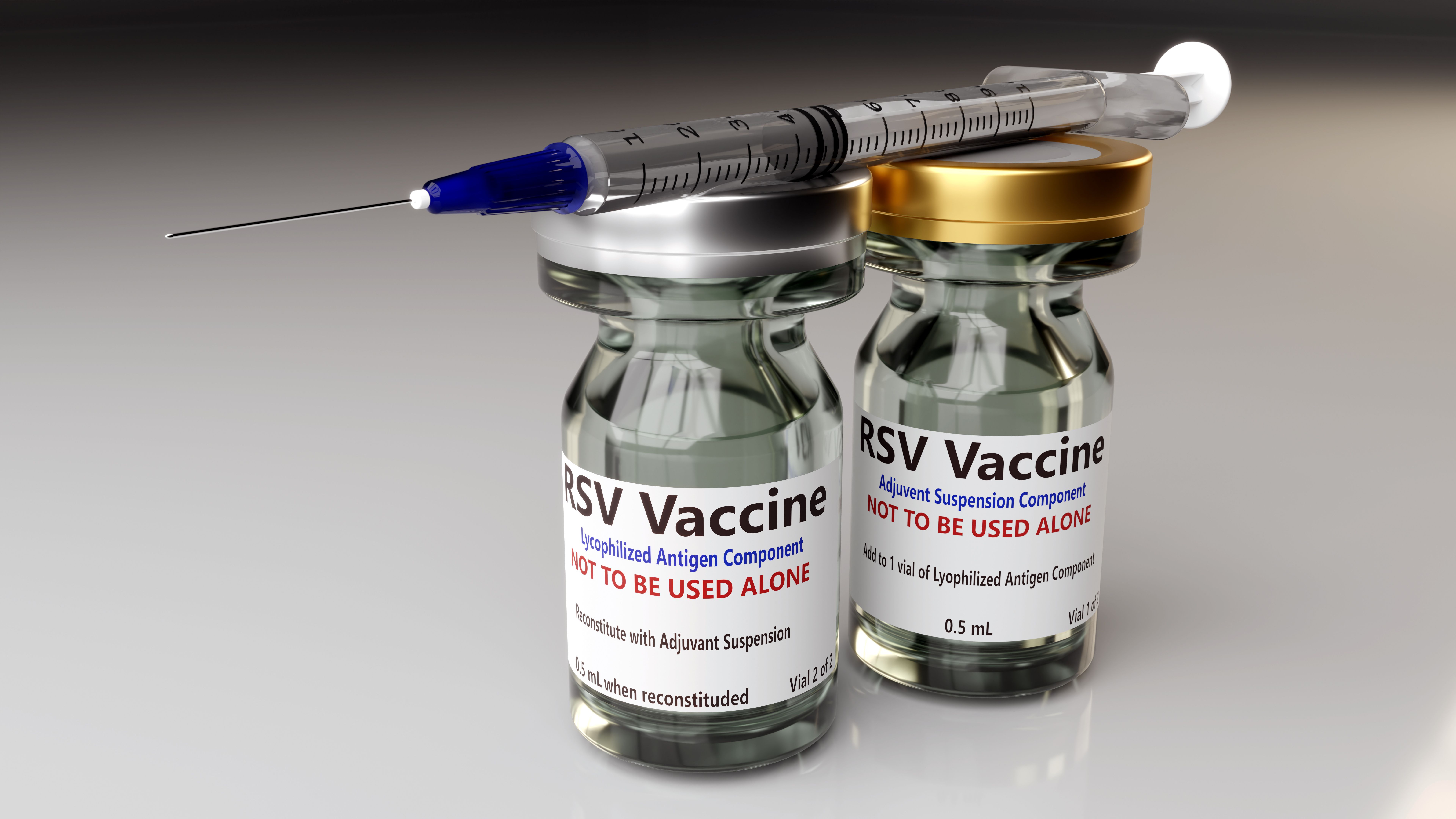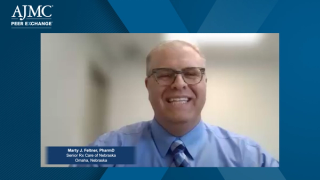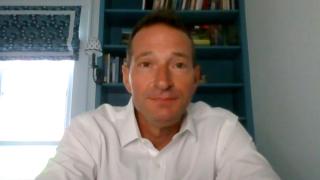
RSV
Latest News
Latest Videos

CME Content
More News

Efforts to regulate social media for youth face resistance; MK-1654 meets key goals in mid-to-late stage trial; active drug shortages remain above 300 for sixth consecutive quarter.
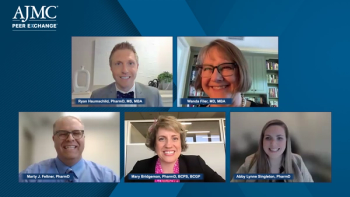
Mary Bridgeman, PharmD, BCPS, BCGP, discusses how providers and healthcare workers can address vaccine fatigue in patients eligible for the RSV vaccine.

As phase 3 data for the RSV vaccine are leading the FDA to consider expanding the age range to include patients aged 50-59, the panel discusses the potential clinical and economic benefits.

Following the recent approval of RSV vaccines, the panel discusses the financial and clinical benefits, highlighting the fiscal impact seen in hospitals and ICUs.

Experts on RSV vaccination discuss shared decision-making practices and the importance of getting at-risk patients vaccinated.
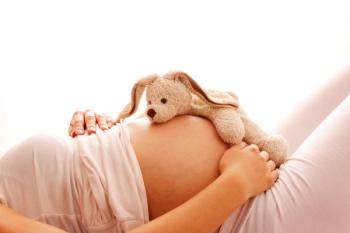
No increased risks of preterm birth or perinatal outcomes were identified with maternal vaccination status, according to one study.

The expert panel discusses ways to increase awareness of the RSV vaccine for patients who would benefit from it.
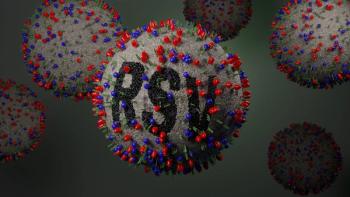
Knowledge on respiratory syncytial virus (RSV) risk factors may help inform public health authorities on high-risk populations, researchers suggest.
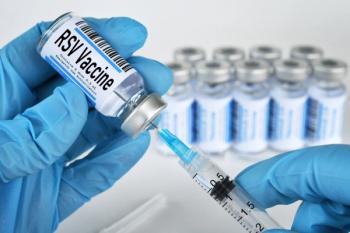
Vaccination against seasonal influenza and respiratory syncytial virus (RSV) in patients with high-risk heart failure was found safe with low incidence of mild adverse events (AEs).
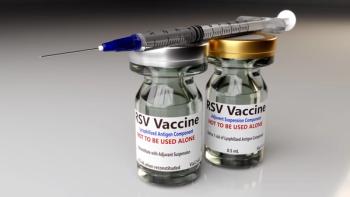
The first respiratory syncytial virus (RSV) vaccine has been approved for adults aged 50 to 59 years who are at increased risk.
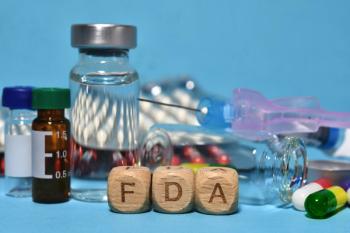
The FDA approved mRNA-1345, a Moderna vaccine for the treatment of respiratory syncytial virus (RSV). This single-dose vaccine offers protection against lower respiratory tract disease in adults over 60 years, with data suggesting long-term effectiveness.
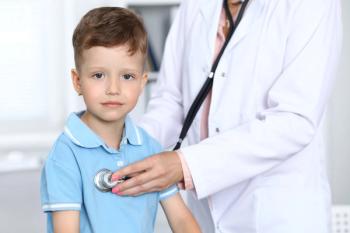
Lung sound analysis was able to confirm airway narrowing in patients with respiratory syncytial virus (RSV) acute bronchiolitis.
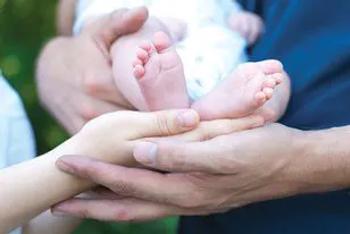
Administering extended half-life respiratory syncytial virus (RSV) antibodies in the newborn nursery would minimize access disparities and ensure optimal uptake, study authors posited.
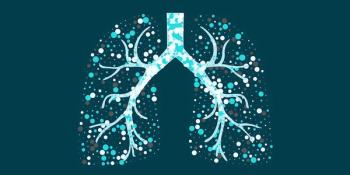
Palivizumab may be well tolerated and effective in the prevention of serious respiratory symptoms due to infection with respiratory syncytial virus (RSV).
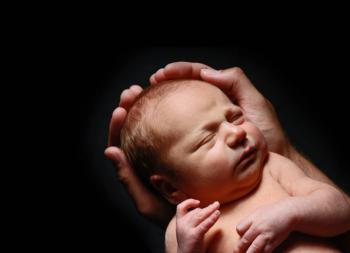
A recent study found that most infants who required intensive care for respiratory syncytial virus (RSV) were healthy and born at term, indicating that preventive interventions for RSV must target all infants, according to the authors.
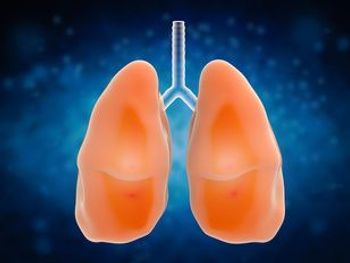
Results of a new review confirm an association between respiratory syncytial virus (RSV) and wheezing in infants.

A review identified specificities that suggested that infections of respiratory syncytial virus (RSV) evolve chest tomography features.
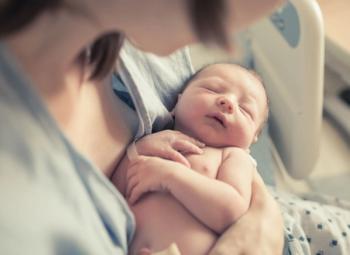
The oral respiratory syncytial virus (RSV) fusion protein inhibitor AK0529 was found to be well tolerated and reduced viral load in infants.
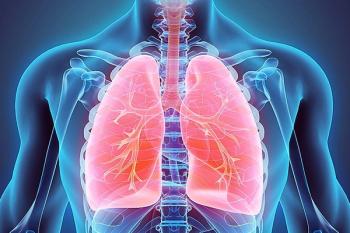
A study that analyzed pre- and postpandemic respiratory syncytial virus (RSV) seasons found that children and adults followed the same biannual pattern.

A study conducted in Colombia found that detection of respiratory syncytial virus (RSV) was associated with air pollutants, the health care system, and weather.

A study conducted in China found that respiratory syncytial virus (RSV) epidemic was seasonal and most often infected infants born 1 to 2 months before the start of the season.
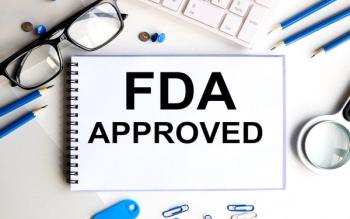
Beyfortus, which can help prevent respiratory syncytial virus (RSV) in infants and toddlers, was approved by the FDA on July 17.
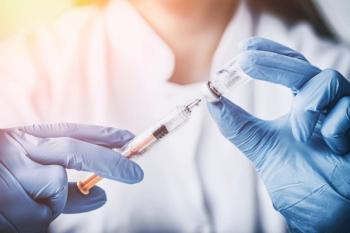
A study from Western Australia found that the influenza vaccine has a possible protective effect against hospitalization for respiratory syncytial virus (RSV).

Older adults and infants were found to have the highest mortality and hospitalization rates of respiratory syncytial virus (RSV).

In a recent study, immune-inflammatory index, neutrophil-to-lymphocyte ratio, and platelet-to-lymphocyte ratio were associated with infection of respiratory syncytial virus (RSV) in children.

